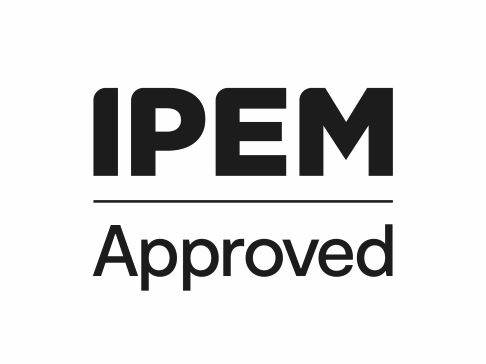Course dates
25 - 27 February 2026
Venue
The Institute of Cancer Research, Chester Beatty Laboratories, 237 Fulham Road, London SW3 6JB
Course overview
The course is organised by the Joint Department of Physics of The Royal Marsden NHS Foundation Trust and The Institute of Cancer Research.
This course is designed to provide in-depth academic teaching of the scientific principles underpinning x-ray and CT imaging, including descriptions of the imaging components, system testing and performance, patient dosimetry, factors affecting image quality and examples of optimisation in healthcare settings.
The course is run over three days (Wednesday to Friday). Each day is designed to cover a particular theme. The first day covers the diagnostic radiology physics toolkit and the design of imaging systems; the second day focuses on performance and testing; the third day is dedicated to clinical applications, novel techniques and optimisation.
The course is primarily aimed at individuals who are undertaking formal training in medical physics. As well as being suitable for new entrants to the medical physics profession, it would also be of benefit to post-graduate students, post-doctoral research workers, physicist-managers, representatives of allied commercial organisations and anyone wishing to deepen or re-establish their understanding of the physics of medical imaging.
This is a CPD course approved by IPEM.
This course is currently undergoing its annual accreditation review by the European Board for Accreditation in Medical Physics (EBAMP). Accreditation is pending and will be confirmed once the evaluation process is complete.
Provisional lecture list
- Design of the digital x-ray unit
- Design of the digital mammography unit
- The multi-slice CT scanner
- Patient dosimetry techniques
- Reconstruction in CT
- Digital image processing and presentation
- PACS, DICOM and displays
- Image quality assessment
- Performance of digital X-ray detectors
- X-ray quality control
- Quantitative image quality analysis
- Performance of CT imaging systems
- CT quality control
- Calculation of Effective Dose
- Digital system design and optimisation in clinical practice
- Developments in digital detector technology
- Advances in x-ray imaging techniques
- Advances in CT in radiology
- CT in radiotherapy
- CT in nuclear medicine
- CT optimisation in clinical practice
Registration & Course fees
Downloadable Registration Form (PDF)
All current course registration fees are given on our registration form.
The cost includes lunches and light refreshments. Electronic copies of the presentations and a certificate of attendance are provided.
You will be allocated a place on receipt of a completed registration form and a valid quoted payment reference/purchase order or completed online payment. We are unable to accept provisional bookings.
The number of participants is limited, so early booking is advised. Applications from outside the UK are welcome.
Closing date for completed registrations – Friday 6 February 2026.
Related documents
Contacts
Course Organiser: Dr Jamie Dormand
For registration details and any other queries contact:
Course Administrator: Mrs Jessica Keegan

Latest ICR News

ICR welcomes NICE recommendation of talazoparib for advanced prostate cancer

Breast cancer blood test can predict treatment response

The ICR welcomes NHS decision to grant lifesaving prostate cancer drug to men in England
